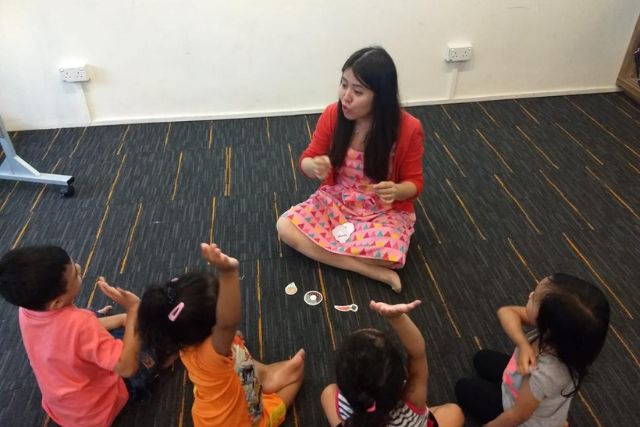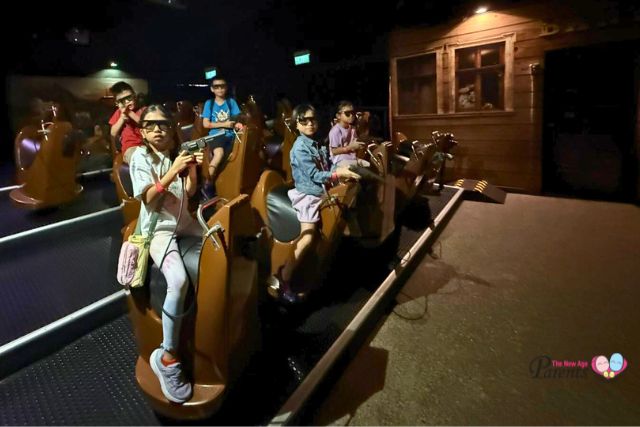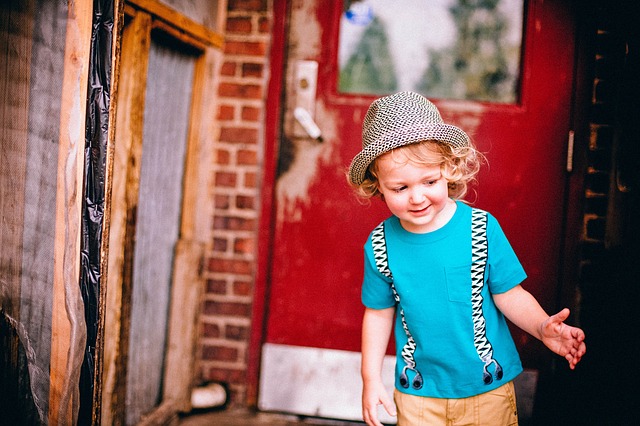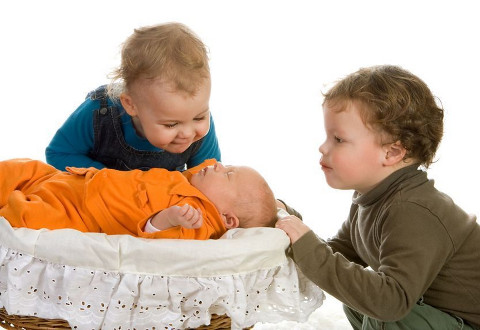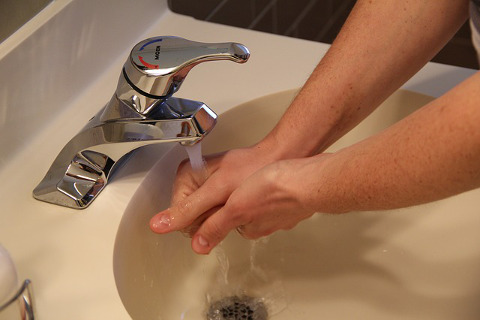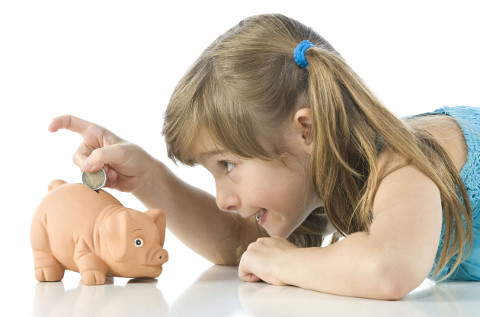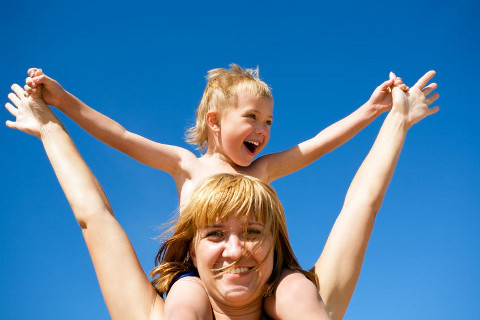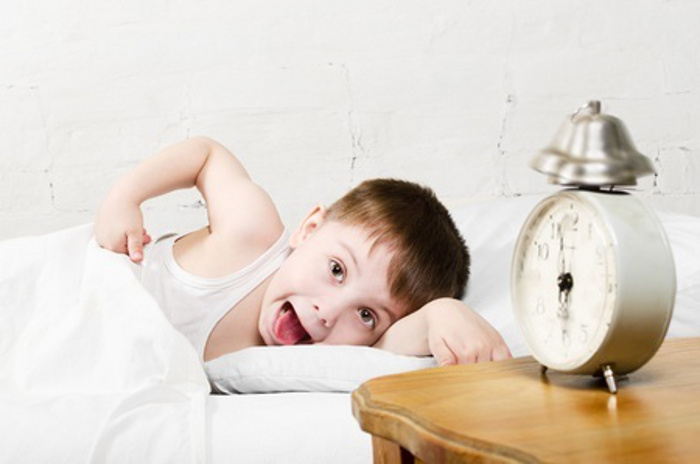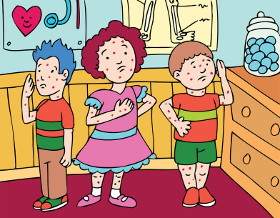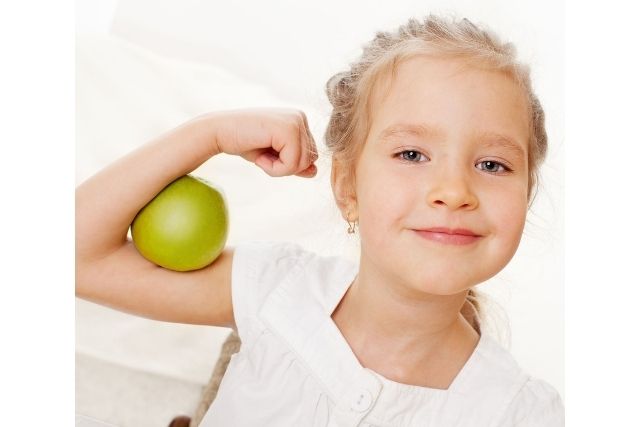How do you know if your child has outgrown a certain phase? When is the appropriate time to stop certain practices with them? We asked Cindy Loong, Psychologist at Thomson Paediatric Centre (The Child Development Centre).
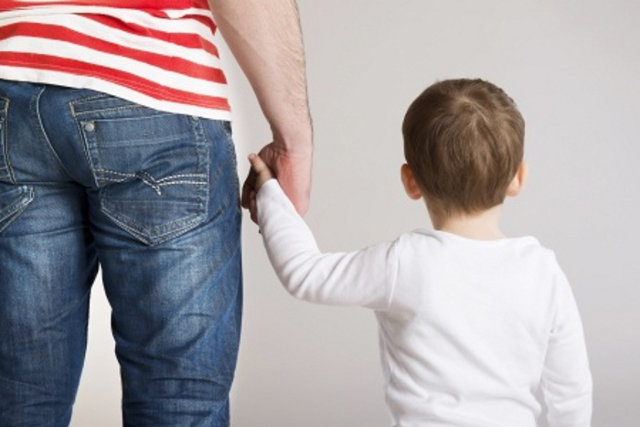
How old is your boy too old to go to the toilet with you?
If a child is independent in terms of toileting and hand washing needs, he can use the toilet by himself. Usually by 5 years old. However, if there are other concerns, he may go to the women’s toilet until someone feels uncomfortable (you, him, or a fellow toilet user). A family or handicap toilet is a good alternative.
How old is your girl too old to sit on daddy’s lap?
That depends on how much weight daddy’s lap can bear. Until then, as long as girl and daddy are comfortable, there is never a “too old” for some parent-child contact.
How old is a child too old to be bathed by an adult?
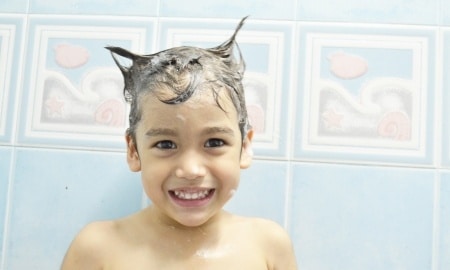
This depends on the reason for bathing assistance and comfort level. A child should be given opportunities to be independent as soon as they can manage. Speed and thoroughness are common reasons adults intervene. In such cases, practice makes perfect and adults should guide rather than take over.
How old is a child too old to drink from a milk bottle?
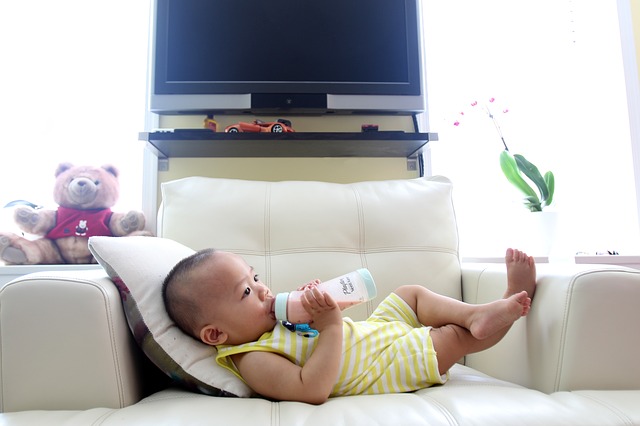
A child can become attached to their bottle because it provides comfort on top of providing nourishment. The longer the wait to start the transition to a cup, the more attached the child may become and the more challenging it can be to break the bottle habit.
Usually, babies can start drinking from a cup from around 6 months, with some spilling. By 12 months, most babies should have the motor dexterity to hold and drink from a cup. Do note that prolonged sucking from a bottle, especially of milk, juices or sugary drinks, increases the risk of cavities.
How old is a child too old for a baby sitter or nanny?
A child is never too old for a companion. However, ‘too old’ is likely when the child feels and expresses displeasure about having a minder.
How old should children stop using the pacifier?
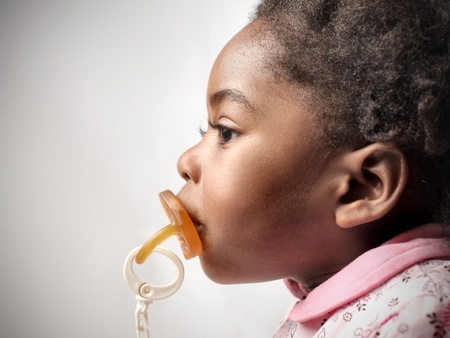
When the cons of the pacifier outweigh the pros. Prolonged sucking when lying down increases risk of ear infection (mucus can be pulled towards the Eustachian tube). Sucking also teaches the tongue to rest in a downward position instead of the palate, which may hinder adequate articulation development. Prolonged use of a pacifier may also result in crooked teeth.
Plugging the mouth with a pacifier can also delay the development of verbalization and expressive language development when a child relies on pointing instead of making sounds or words to make requests.
By about 2 years old, a child is at the age to know what they want, make demands, and protest, resulting in increased challenges when weaning. It is easiest to wean when a child is younger, by helping them find other ways to self-sooth, like a soft-toy, or blanket.
⇒ Related Read: 6 Tried And Tested Ways To Wean Your Child Off Pacifiers
How old is a child too old to be fed?

If a child can do it, the child should do it. Self-feeding involves coordination and motor dexterity. Therefore, the more a child practices, the better developed are the skills in these areas.
How old is a child to be terrified everywhere?
If a child has a secure attachment with their parents, the child will turn to them for requests, comfort and care. It would be good to understand, offer security and address the child’s worries. Fears have to be faced, and it would be most appropriate if a child gets their parents’ support and encouragement.
Absent parents can enlarge the feelings of helplessness and fear in the child, therefore increasing bonding time can help improve a child’s emotional well-being. It is recommended that parents seek help from a psychologist if they feel that their child’s fears greatly impacted their daily activities.
By Cindy Loong, Psychologist at Thomson Paediatric Centre (The Child Development Centre)
Practice Address:
Thomson Paediatric Centre – The Child Development Centre
10 Sinaran Drive #09-04 Novena Medical Centre
Singapore 307506
Tel: 6397 6627
This article was first published in The New Age Parents e-magazine.
Enjoyed reading this or learned something new? Click the Like and Share button below!
Like what you see here? Get parenting tips and stories straight to your inbox! Join our mailing list here.















